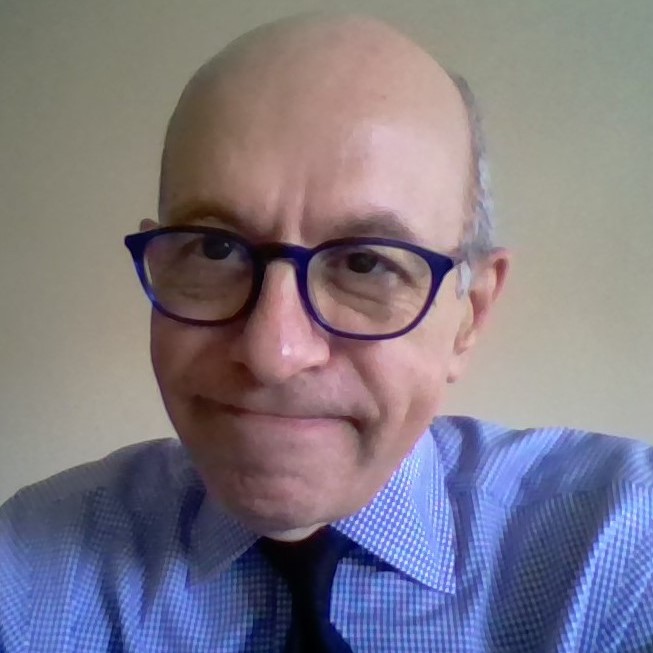 Whitney Museum of Art, photo by Ed Lederman, from whitney.org
Whitney Museum of Art, photo by Ed Lederman, from whitney.org Protesters are urging New York’s Whitney Museum to remove a contemporary painting from its Biennial. One thinks the work should be destroyed. Why? Because it is the work of a white artist, and its subject is Emmett Till, a black man who was the victim of a lynching in Mississippi. “I feel like she doesn’t have the privilege to speak for black people as a whole or for Emmett Till’s family,” says the protest’s leader.
What, exactly, is privilege? To the protester, it means the standing that white artists lack with respect to an African-American subject.
On campuses the word conversely refers to an unearned status which makes someone’s views inherently suspect. That kind of “privilege” can become a means of disqualifying the “privileged” from having their say.
The example par excellence is the “straight white male.” With the social advantages of three dominant classes, goes this reasoning, he can’t be expected to understand the lives of those who are different from him. His views can therefore be suppressed because they have no standing in the first place.
In her new book, The Perils of “Privilege,” excerpted recently in the New Republic, the writer Phoebe Maltz Bovy finds the concept’s origins in the populist suspicion of wealth. She cites political campaigns where “limousine liberal” was a term of abuse, and points to candidates who strain to claim humble origins. But today’s construction of “privilege” is not mostly about economic advantage. There are plenty of heterosexual, Caucasian males who are poor, yet they can’t escape the accusation of “privilege.”
Maltz Bovy confesses, “I’ve never quite sorted out by what mechanism awareness of privilege is meant to inspire a desire to shed oneself of it.” But as she acknowledges, “privilege” is not actually a measure of wealth; it’s an artificial construction that entitles the accuser to take power away from the accused. And if you’re disempowered because of your “privilege,” the only remedy is to shed it.
That’s why some straight white males now take pains to “check” their privilege before expressing themselves. It’s the only way they can have a voice. In effect, the accusation of “privilege” is a way of asserting a new pecking order where the accusers hold power, and the old elites must defer to them.
That dynamic happens in any revolution, albeit with more lethal results. During the Reign of Terror in France, the revolutionary tribunal seized the property of nobles and clergy and sometimes condemned them to death. The Bolshevik Revolution did the same to landowners. The whole point of a revolution is to subvert the established hierarchy.
Attacks on “privilege” are not lethal, of course. But nonetheless those accusations have become a weapon to take power from others. Along the way, opportunists will use that weapon as a way of suppressing the art or silencing the voices of people they don’t like. Open discourse and free expression may be the first casualties.























 More news and opinions than at a Shabbat dinner, right in your inbox.
More news and opinions than at a Shabbat dinner, right in your inbox.